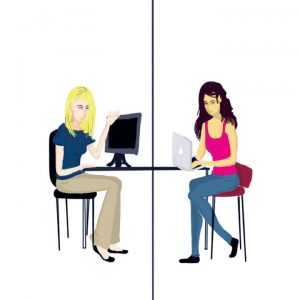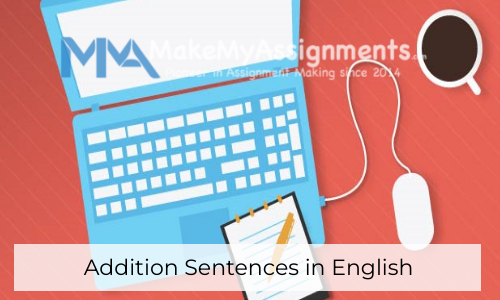
Online teacher-student relationship: acceptable or not?
The internet and social media need no introduction. Forget teenagers, every child today is using the internet to search for information, complete assignments in time and for recreational purposes as well. Everyone has their respective accounts on social media, by means of which they communicate with each other, share thoughts and photos, and even see each other through video calling, even if they are physically miles apart.
With the development and popularization of this digital world, the lines between the relation of a teacher and a student have also become blurred. On social media sites like Facebook, Twitter and Instagram, elders and youngsters are freely sharing their thoughts and establishing relations with one another, and teachers too, form an active part of this digital world.
It is a fact that in comparison to teachers, students are more excited to become friends with their teachers on social media. The personal life of their teachers is unknown to them, and it intrigues them and generates their curiosity. Moreover, by having a sneak peek into the life of their role models, children somehow feel satisfied. However, it must be acknowledged that if a teacher and student become friends on social media, there will be no privacy left. Children will get to know, in detail, about the personal life of their mentor, and they might even end up losing respect for the same.
How right is it for teachers and students to interact with each other on social media?
Some teachers have strictly forbidden their students from adding them on any social networking sites till they are a part of the school or college. After these students have graduated, their teachers freely add them without any hesitation. On the other hand, some teachers do accept these friend requests then and there, but then they expect that the students would not disclose this anywhere.
If you ask teachers, a lot of them will tell you that they are unwilling to add students on Facebook and Instagram, because they are not comfortable sharing their personal information with them. In spite of this, some teachers continue to use other networking sites like Twitter to expand classroom discussions, and to recommend assignments topics to students.
To be fair and square, teachers and students both have different personalities inside and outside the classroom. The classroom is governed by strict discipline, formal clothing, and a code of conduct; whereas all of these are not mandatory outside the school premises. In such a scenario, the two of these should not necessarily be mixed together, at least until the student has completed the course. In order to ensure that the students respect their teachers, there is a certain amount of distance that needs to be maintained between the two. Agreed that a teacher should behave like a friend, and at the same time, should be a role model, mentor and counselor; but this not mean making students privy to their own personal life. Doing so would drastically alter the student teacher relationship, and thus this unwelcome situation is best avoided.
To sum it up, adding each other and establishing the student teacher relationship online would make their bonding more transparent and visible to the outside world. This is something that has both its pros and cons. The bottom line remains that as a responsible parent; you should keep an eye on the online activities of your child, and make sure that online support for children is not misused in any manner.
This article was written by an assignment expert from MakeMyAssignments, your one stop to getting 24×7 assignment help services and assignment writing services. We assist students of both schools and colleges, and our affordable assignment writing services have been benefitting thousands all across the globe.




